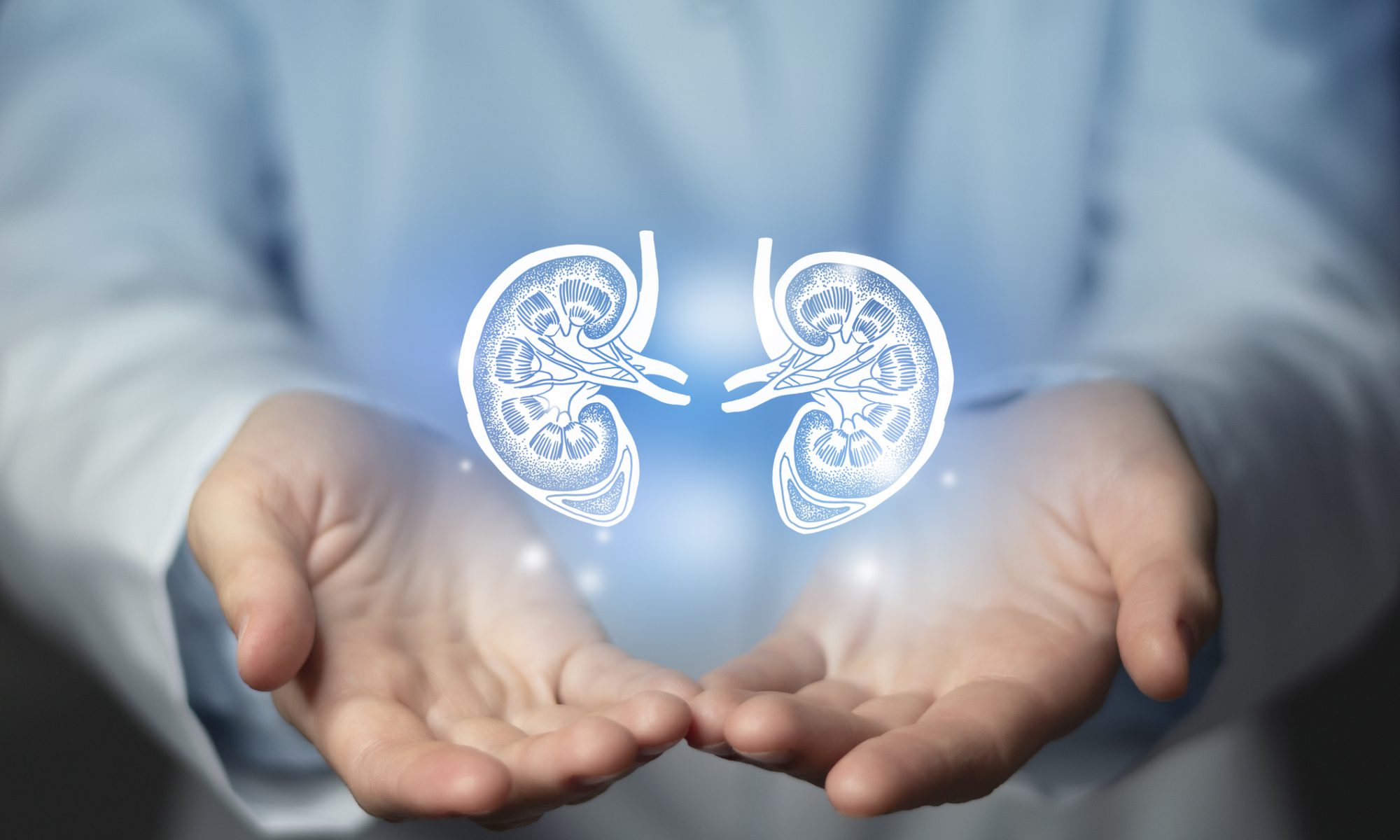By Nick Paul Taylor
Dive Brief:
- An algorithm could help pathologists avoid 40% of misdiagnoses of organ transplant rejection and improve patient risk stratification, according to a paper published in Nature Medicine.
- The decision-support system automatically diagnoses the status of kidney transplants based on the criteria physicians use to determine if a patient is rejecting an organ. Applied to two clinical trials, the algorithm reclassified rejection diagnoses made by pathologists.
Read the full article in MedTech Dive.



